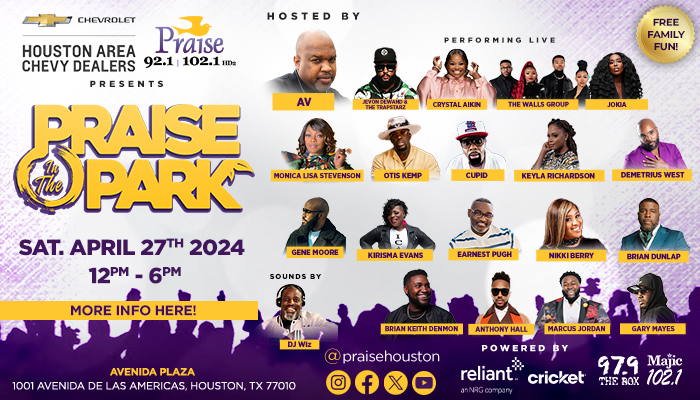Summer is here. This may be your little one’s last summer home. You can start by preparing him or her now with these steps.
In this series of articles we will shed some light on what the National Standards of Education are as of 2011 and what it all means. The most common questions any parent asks at the end of the school year and the start of a new is: “What should my child know at a specific age and how do I know they are on track with their peers?”
Hopefully, these pages will help you answer those questions and put you at ease.
As a weekend teacher I know that the whole structure of the education system frustrates parents. For many teachers the new CORE Curriculum has been a source of angst. To date, 46 states and the District of Columbia have adopted these new academic standards, which are already changing the way students are being taught. The standards are designed to ensure college and career readiness in an increasingly competitive and fast-paced world.
The Common Core State Standards are the first step in providing our young people with a high-quality education. It should be clear to every student, parent, and teacher what the standards of success are in their school.
These standards, are listed here merely as a guideline for those parents concerned with where their children fall on the scale of their peers on what they are learning. It is normal for children to learn at different paces and have different strengths and weaknesses. Please do not take these standards, as the end all be all. Do use them as a guide to prepping your child.
You may want to review this list and see if there is anything else you would like to teach your child before those first days of school.
- Identify some letters of the alphabet
- Grip a pencil, crayon, or marker correctly (with the thumb and forefinger supporting the tip)
- Use scissors, glue, paint, and other art materials with relative ease
- Write his first name using upper- and lowercase letters, if possible
- Count to 10
- Bounce a ball
- Classify objects according to their size, shape, and quantity
- Speak using complete sentences
- Recognize some common sight words, like “stop”
- Identify rhyming words
- Repeat his full name, address, phone number, and birthday
- Play independently or focus on one activity with a friend for up to ten minutes
- Manage bathroom needs
- Dress himself
- Follow directions
- Clean up after himself
- Listen to a story without interrupting
- Separate from parents easily
Now let’s journey to what your child should master in this first year of school.
In The Know: What Your Kindergarten Child Should know was originally published on elev8.com
1 2 3 4 5Next page »










